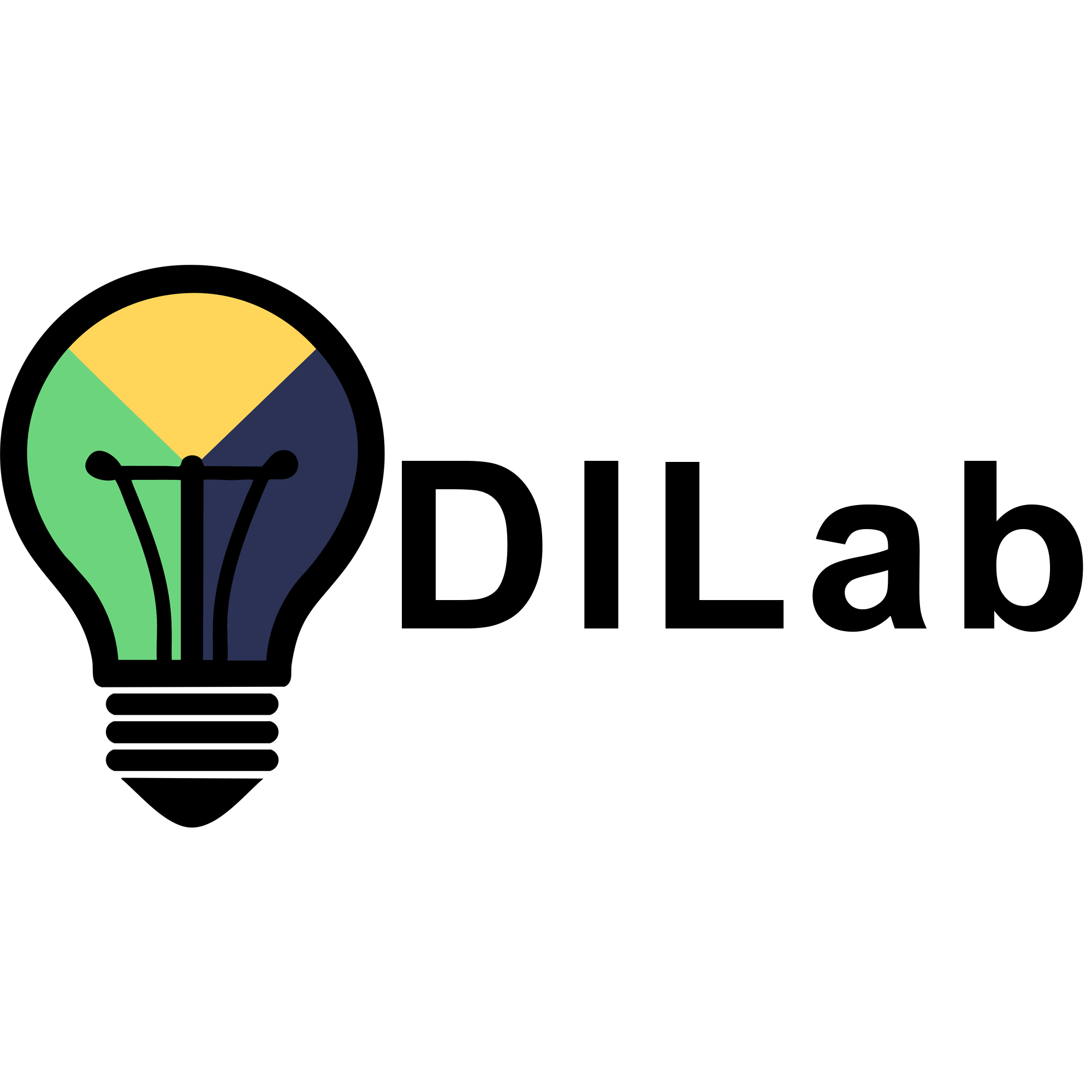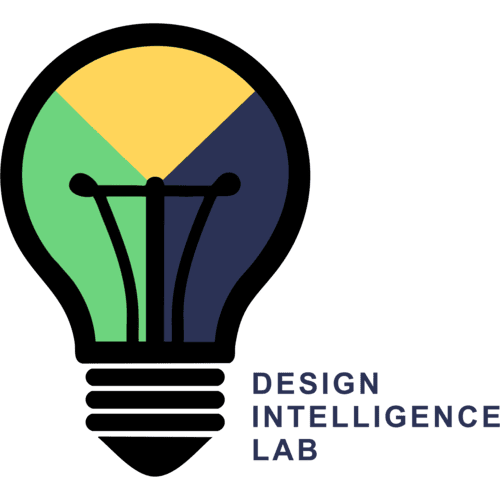
The Design Intelligence Laboratory (DILab) conducts research into computational design and creativity. The goals of our research are to model human creativity in practical tasks such as conceptual design of complex systems, develop interactive tools for aiding humans in creative tasks, and build creative machines. Our research posits analogical reasoning, visual reasoning, and meta-reasoning as fundamental processes of creativity. Computer-aided design and computer-supported learning provide two real-world domains for exploring analogical, visual and meta-reasoning. Current projects explore analogical reasoning in biologically inspired engineering design, visual reasoning on intelligence tests, meta-reasoning in game-playing software agents, and learning about ecological and biological systems in science education.
Our work focuses on knowledge-based techniques of reasoning and learning, including functional modeling, analogical reasoning, visual reasoning, and meta-reasoning. Creative design of physical systems (e.g., biologically inspired design), design of self-adaptive software agents (e.g., self-adaptive game-playing agents), and visual cognition (e.g., visual analogy) form the context for much of this research.
The long-term, big-picture questions that drive our research are: (1) What is creativity in design, how may we build computer systems that can generate creative designs, and how might we build interactive environments to aid human creativity? (2) What is reflection in intelligent agents, how may we design software agents that can reflect on their knowledge, reasoning, and behavior for self-explanation and self-adaptation? (3) What is visual analogy in human cognition, and how may we build interactive environments and tools for design that use the human capacity for visual reasoning?
From the viewpoint of design, we develop theories, techniques and tools that enable innovative design of physical systems and design of self-adaptive software agents. The goals of the research on conceptual design of physical systems (e.g., biologically inspired engineering design) is to develop theories of creativity in design and to build interactive tools for aiding innovative design. The goals of the research on design of self-adaptive software agents (e.g., game-playing agents) is to develop theories of reflection in intelligent agents, and to build interactive tools for supporting adaptations to designs of software agents.
From the perspective of artificial intelligence, we develop theories and techniques of functional modeling, and analogical, visual, and meta-reasoning that provide unified accounts of memory, reasoning and learning, and integrated accounts of the content/representation of knowledge and the processes of reasoning/learning. Results of this research are in the form of architectures, processes, methods and algorithms for reasoning and learning, and corresponding languages for knowledge representation and organization. Products also include knowledge-based systems and tools that embody the methods of reasoning and learning.
From the viewpoint of cognitive science, we develop theories of visual and multi-modal reasoning in cognition, including atypical cognition such as cognition in autism, and we explore implications for design of interactive environments and tools.
National AI Institute for Adult Learning and Online Education (ALOE)

DILab is a central part of the National Science Foundation (NSF) AI Institute for Adult Learning and Online Education (ALOE).
Led by the Georgia Institute of Technology, AI-ALOE will develop an AI-based transformative model for online adult learning that can meet this challenge. This model simultaneously uses AI for transforming online adult learning and online adult education to transform AI. These innovative transformations are not “just doing things better” but “doing better things” in effectiveness, efficiency, access, scale, and personalization.
AI-ALOE will lead the country and the world in the development of novel AI theories and techniques for enhancing the quality of adult online education. It will foster a research community of computer scientists to conduct responsible use-inspired fundamental research into AI that is grounded in theories of human cognition and learning, supported by evidence from large-scale data, evaluated on a large variety of testbeds, and derived from the scientific process of learning engineering. Together with partners in the higher education and educational technology sector, AI-ALOE will advance online learning to make education more available, affordable, and achievable.
Sponsors




